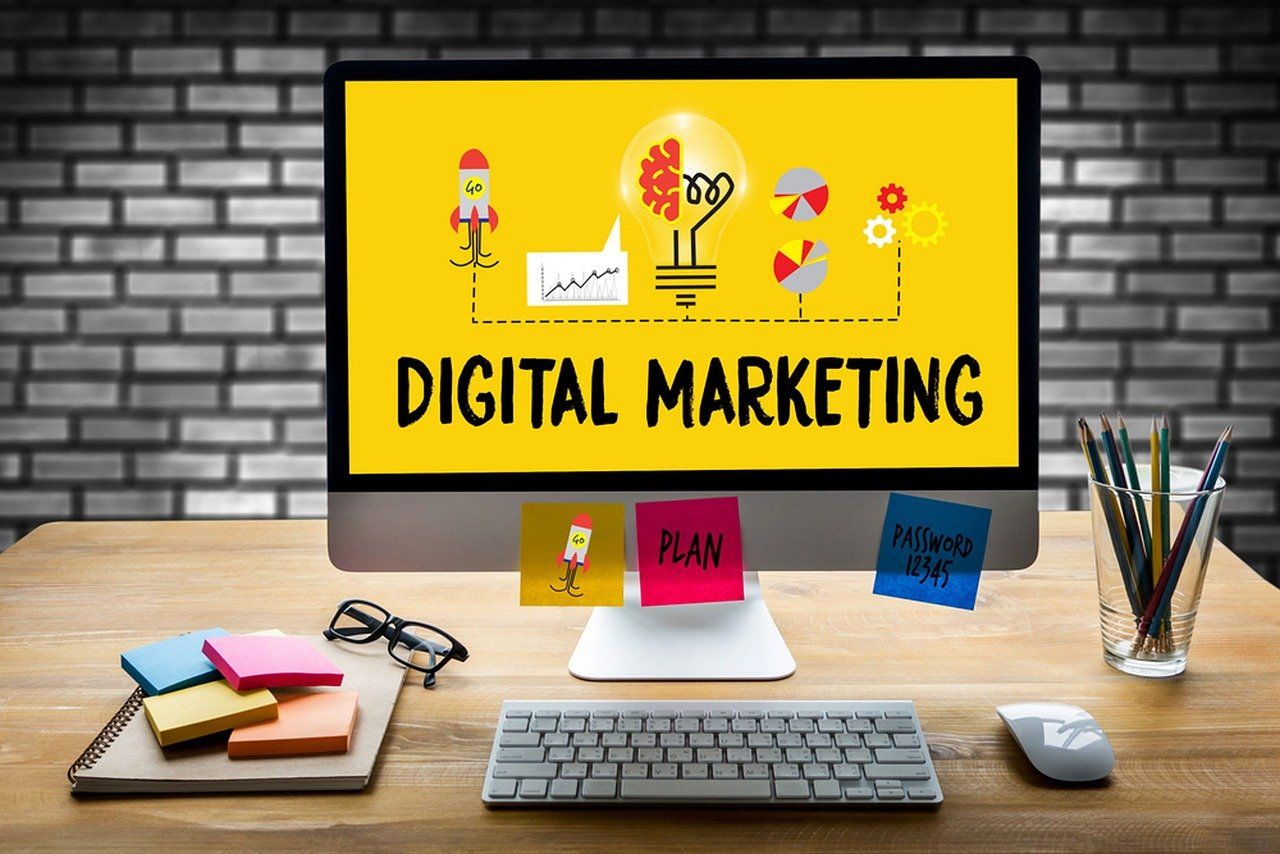Why Every Business Needs a Digital Marketing Strategy
In today’s fast-paced digital world, every business needs a robust digital marketing strategy to stay competitive. Whether you're a startup or an established company, digital marketing allows you to reach your target audience more effectively and efficiently. Without a clear strategy, businesses may struggle to connect with potential customers and waste resources on ineffective methods. Learn more about how we can help you craft a digital marketing strategy that works.
Why a Digital Marketing Strategy is Crucial
A digital marketing strategy serves as a roadmap for businesses looking to increase their online presence and drive measurable results. The right strategy aligns your business goals with the digital tools and platforms available, ensuring that your efforts lead to tangible growth. Here's why having a digital marketing strategy is critical:
- Targeted Approach: A strategic plan ensures you focus on the right audience, increasing the chances of converting prospects into customers.
- Improved ROI: By planning your campaigns carefully, you’ll know exactly where to allocate your resources for the best returns.
- Brand Visibility: A well-designed strategy amplifies your brand’s presence across various digital channels, ensuring your business doesn’t get lost in the noise.
- Consistency: A strategy keeps your marketing consistent, reinforcing your message and building brand recognition over time.
Without a strategy, you risk confusing your audience and spreading your resources too thin. A clear digital marketing strategy provides focus, direction, and alignment with your business’s objectives.
Key Components of a Digital Marketing Strategy
Digital marketing is multifaceted, and each component plays an essential role in reaching your business goals. Here's an overview of the key elements of a comprehensive digital marketing strategy:
- SEO (Search Engine Optimization): Ensures your website ranks higher on search engines like Google, making it easier for customers to find you.
- Content Marketing: Engages your audience with valuable content that resonates with their needs and interests, increasing brand loyalty.
- Social Media Marketing: Increases brand awareness and engagement by connecting with your audience on platforms like Facebook, Instagram, and LinkedIn.
- Email Marketing: Nurtures leads through personalized emails that guide them down the sales funnel.
- Paid Advertising: Includes paid campaigns like Google Ads or Facebook Ads, which help businesses quickly reach their target market and boost traffic.
Each of these components must be integrated into your overall strategy to create a cohesive marketing plan.
The Benefits of Having a Digital Marketing Strategy
The right digital marketing strategy offers a wealth of benefits to businesses, regardless of size. Here are some of the most significant advantages of having a well-thought-out strategy in place:
- Better Customer Engagement: A strategic approach ensures you provide relevant content and messaging that resonates with your audience, encouraging interaction.
- Cost-Effective Marketing: Compared to traditional marketing methods like print or TV ads, digital marketing offers more affordable options with measurable results.
- Higher Conversion Rates: With the right strategy, you can guide visitors through the buyer's journey, leading them to convert into paying customers.
- Improved Analytics and Insights: A digital strategy makes it easier to track key metrics, allowing you to refine your approach and continuously improve performance.
The power of a digital marketing strategy lies in its ability to focus your efforts on the most impactful tactics, helping you get the most out of your marketing budget.
How to Create Your Digital Marketing Strategy
Creating a digital marketing strategy involves several important steps. Here’s a breakdown of how to approach this process:
- Set Clear Goals: Whether it’s increasing website traffic, improving brand awareness, or boosting sales, start by identifying your key business goals.
- Know Your Audience: Research your target audience to understand their pain points, interests, and behavior. This information will guide your content creation and advertising efforts.
- Choose the Right Channels: Based on your goals and audience, decide on the best digital marketing channels for your business—SEO, social media, email, or paid ads.
- Develop Content: Create valuable content that aligns with your business goals and addresses the needs of your audience. This could include blog posts, videos, or social media updates.
- Track and Analyze Results: Regularly monitor your performance using tools like Google Analytics to see what’s working and what’s not. Adjust your strategy accordingly to improve results.
The Long-Term Value of a Digital Marketing Strategy
A well-executed digital marketing strategy doesn’t just yield immediate results—it also provides long-term value for your business. By consistently engaging with your audience and refining your approach, you build brand loyalty, establish your business as an authority in your industry, and create sustainable growth.
Many businesses in Rhode Island are turning to digital marketing to expand their reach, grow their customer base, and achieve long-term success. Contact us to find out how we can help you develop and implement a digital marketing strategy that supports your business goals.



















